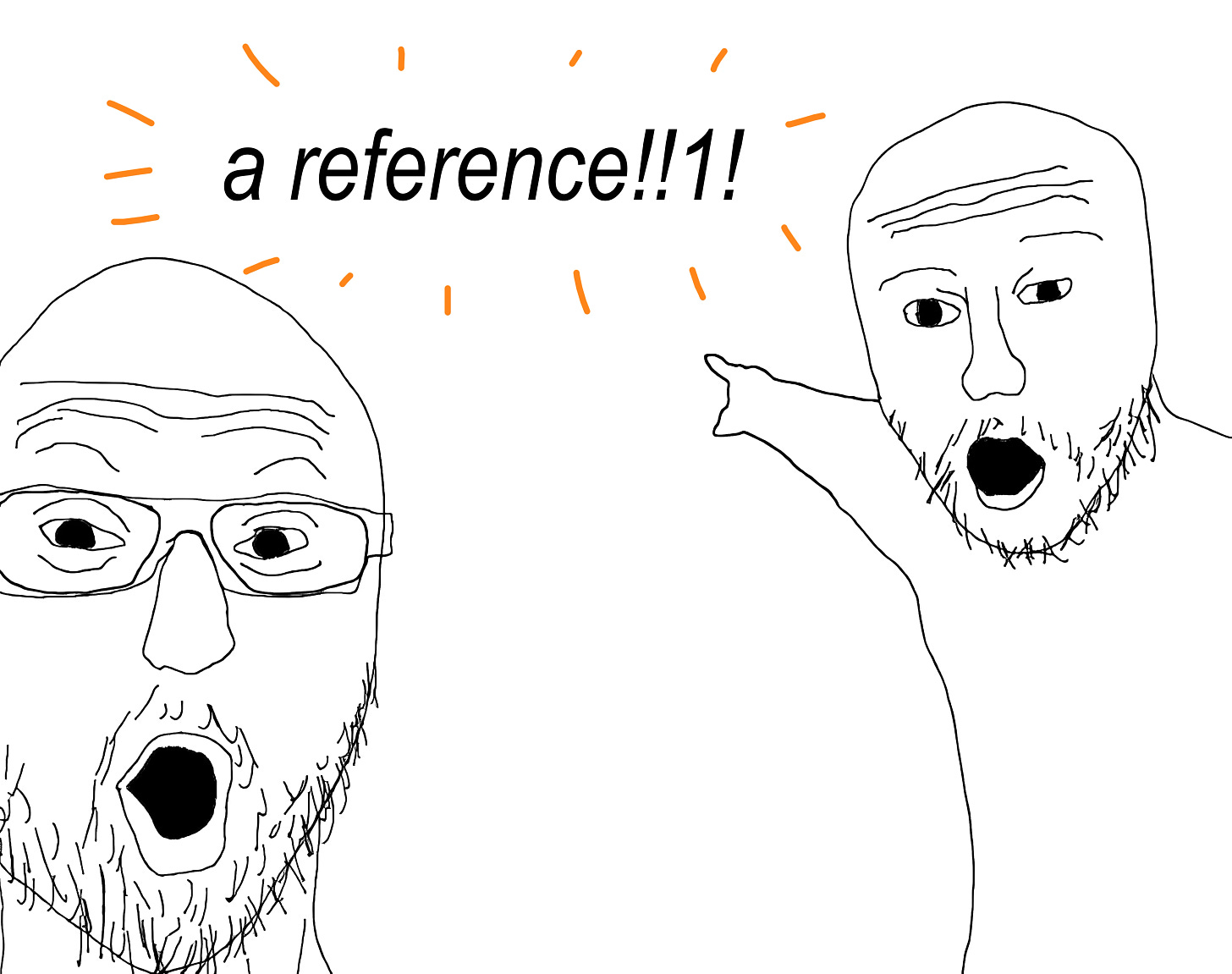The Fallacy of Taking Notes
This is going to be a scalding-hot take for some of you, so I apologize in advance when I say:
Your players probably don’t need to take notes; you need to start running stuff worth remembering.
Hiss. Boo.
Anyway.
Taking notes in TTRPGs is often seen as necessary to preserve continuity. This is usually a stance enforced on the players by the GM (in some cases, players may sucker themselves into it).
But TTRPGs are improvisational by design, and as much as you’d like to believe otherwise, multitasking is a myth. When players switch between recording and engaging, the flow of play suffers almost immediately.
The need to document assumes that the essence of the game is in its details rather than its moment-to-moment dynamism — a dynamism that at least one person misses because they’re knee-deep in Notion, Google Docs, or Obsidian.
And honestly, most of the stuff they encounter in a given session? Most of it should be forgotten anyway.
Forgetting is an Essential Mechanism
Stories evolve by shedding unnecessary details. Writers revise, filmmakers cut, and oral traditions morph with each telling.
TTRPGs are no different. What remains in memory is what matters. Notes, by contrast, are preserved indiscriminately, flattening the hierarchy of significance.
If everything is worth recording, then nothing is.
Comprehensive notes, where you capture everything the NPC said, what they were wearing, what the weather was like, etc., risk burdening players with extraneous information rather than reinforcing the narrative's natural growth.
The Bias of the Written Record
Even if we pretend that the players are wholly transcribing everything at the table, notes are necessarily selective. They reflect the perspective of the note-taker, shaping rather than preserving the past.
A single record can’t cover the table's collective memory or the other players' unspoken interpretations, where meaning is constantly negotiated and reinterpreted. The game’s history is not fixed; it is a living construct shaped by interaction and evolving priorities.
And in case you think I’m coming down from my high horse to do some good old-fashioned finger-wagging, I’m right down in the mud with you.
I’m so guilty of this shit.
I’ve hounded my players for not taking the right notes or missing key details. I've lambasted them for taking too many notes about extraneous details and transcribing entire dialogues between characters.
And for what? So if, in 15 sessions, I refer to a long-dead king, my players look at each other like this?
Even if we pretend notes are necessary, how often are the players checking them back?
Are their notes written effectively enough to remember the context?
Do they even know where to look for relevant information, regardless of whether they remember it in the first place?
TTRPGs as Art (blech, I know)
Play isn’t a script. It’s an event shared by those present. The expectation that notes will preserve it fundamentally misunderstands its nature and purpose.
Notes are a lot like going on a vacation and taking photos of the sights instead of just, I don’t know, seeing them. There’s a level of posturing that, unsurprisingly, can have a lot of players wondering who this is actually for.
Is it for the note-taker specifically? For the whole group to later reference?
For the GM?
Here’s a simple, if painful, truth:
If players aren’t recording certain details, it’s because those details don’t matter to them.
Despite what you may think or your personal feelings on your Tolkienesque writing, this is incredibly invaluable information for a game master.
You shouldn’t be offended; you should be adaptive.
If names, plot threads, or world-building elements consistently go unnoted, they’re not compelling enough to warrant attention. Or the players just don’t want that kind of game!
This is objective truth.1 A (good) GM should recognize this as feedback and adjust accordingly.
Exceptions
“But wait!” you say, “My game is an incredibly layered, detailed political intrigue game. The players need to intuit even the most subtle of references or they’ll be in deep shit!”
Sure, some games demand some documentation. But this should be a kitchen tool that is used sparingly and only with certain recipes, not a utensil you bring to every single meal.
Also, maybe they don’t actually need to do that, and you need to stop trying to make your game into Severance. Different mediums require different approaches.
And, as it just so happens, this medium doesn’t need all the pomp and circumstance for everybody to have a good time.

This article is brought to you by the following paid subscribers who make this newsletter possible:
Azzlegog
Colin
DSPaul
Michael Phillips
Mori
Space Pirate
It COULD be that it’s not important enough to this group and expectations are mismatched, but even then, THIS GROUP doesn’t think the details are important enough all the same.





I love this take.
I've intentionally started my new campaign with no specific BBEG in mind, just an overall tension.
I'm waiting to see who my players respond to and then I'll ramp them up as the main villain.
This is a good take. I like the summary "they didn't need to take notes, you need to run something memorable"